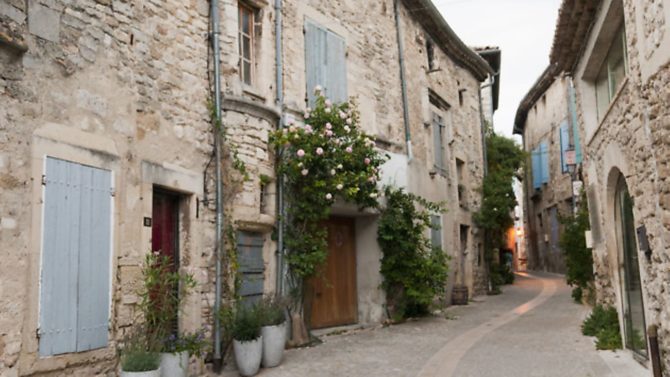Buying property in France: the process explained

Read our simplified guide to the French property buying process
Buying property in France is a strictly structured process. Follow our simplified guide to find out how it works – in a nutshell.
Agents & viewing
French estate agents must hold a carte professionnelle, which you can ask to see. They tend to give out less information about a property than their UK counterparts – for example, they’re unlikely to tell you a property’s address – and will usually accompany you on viewings.
Read more about viewings and negotiation
Notaires
A notaire must be used when any property or land is sold in France. In many ways a notaire is like a British lawyer, but they are employed by the French government to ensure a sale is above board and that all taxes are paid. Their fees are on a sliding scale of 6-8%, depending on the property’s value. Buyer and seller can share a notaire or appoint one each (in which case the notaires share the fees). Your agent can recommend a notaire or you can find one on the Notaires de France website.
Read more about the role of the notaire
Fees
Buying fees (frais) in France are high compared with the UK – agents’ and notaires’ fees combined usually amount to around 10-15% of the sale price (less for a new-build). Agents’ fees are normally paid by the purchaser. In adverts, FAI or frais inclus means fees are included, while net vendeur means they aren’t. Agents set their own rates.
The preliminary contract or compromis de vente
Once an offer has been accepted, both buyer and seller sign this legally binding contract, drawn up by the notaire. Conditional clauses (clauses suspensives) can also be included, but the seller is not obliged to accept these. Other initial contracts include the promesse de vente and promesse d’achat, but these are not legally binding. For a new-build bought off-plan, you sign a contrat de réservation.
Read more about the compromis de vente
The deposit and cooling-off period
A 10-day period then follows, during which time the buyer can pull out for any reason without penalty or loss of their deposit. The deposit is normally 10% of the sale price, paid either to the notaire or to the agent – never directly to the seller.
Read more about the cooling-off period
The deed of sale or acte de vente
At the end of the cooling-off period, both buyer and seller sign the deed of sale, usually in the notaire’s office. If the buyer cannot attend, they can appoint power of attorney to someone else to sign on their behalf. The balance of the sale price is paid, as well as agents’ and notaires’ fees. If any repairs or replacements are required in the property, the notaire can hold back part of the final sum to pay for them. The notaire gives the buyer an attestation de vente, registers the property with the land registry (cadastre) and final ownership papers are posted around six months later. Ideally, you should view the property on the day of completion as it is sold as seen.
Read more about completion
Surveys and reports
Surveys are not commonplace in France, but you can arrange one with a British surveyor working across the Channel, or with a builder or architect. You need to organise this before the preliminary contract becomes binding, or alternatively you may be able to insert a conditional clause stating that the sale is dependent on a successful survey. Vendors are required to provide a series of reports (diagnostiques) on lead, asbestos, termites, gas installations, electrics, waste drainage and natural and technological risks. The DPE report, showing a property’s energy efficiency, has been compulsory for all house sales since January 2011.
Read more about surveys
Read more about diagnostique reports
Enjoy this? Read our other articles on:
Share to: Facebook Twitter LinkedIn Email


